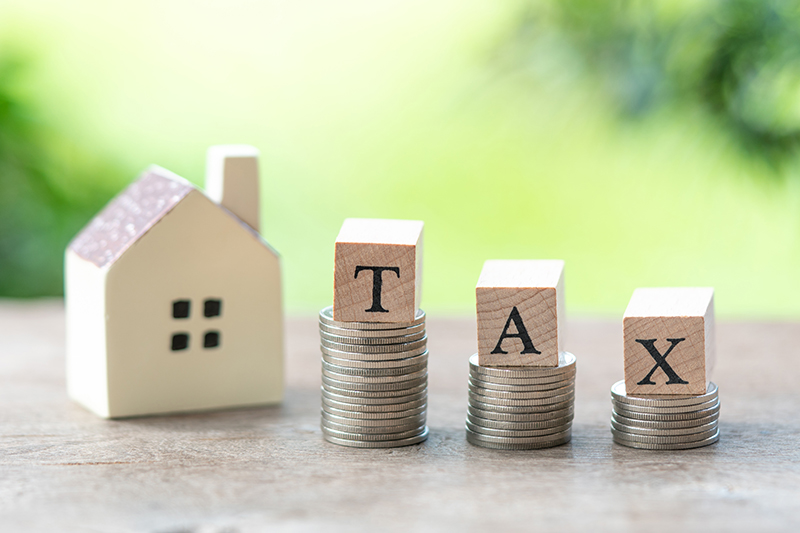A proposed B.C. home flipping tax could help increase available housing and discourage short-term property holding for profit, but a lack of clarity about who is eligible and who is exempt could be a recipe for disaster.
Vancouver real estate lawyer Keith Barron says that while the proposed tax, slated to take effect Jan. 1, 2025, does discourage flipping, some of the exemptions to the tax are likely to cause confusion, and possibly exploitation. Meanwhile, some property owners that bought their homes before the tax was proposed are now finding themselves trapped.
“On the surface, the tax does do what it sets out to, making it harder to flip properties and encouraging people to live in properties they buy,” he says. “But some of the exemptions are very confusing and people in vacation areas that are no longer able to AirBnB their properties are now stuck with unrentable properties that they can’t sell.”
Details of the Home Flipping Tax Implementation
The home flipping tax applies to income from the sale of a property, including presale contracts, if the property was owned for less than two years.
The tax tacks on 20% charge to profits from the sale of a home sold within a year of purchasing, and then prorated on homes sold between one and two years after purchasing.
While the tax does include many exemptions, just who is included in the exemptions and how they qualify is not clear.
In particular, a seller is exempt from the tax if they personally own a property and sell it, if the sale “can reasonably be considered to occur due to, or in anticipation of… the death of the person or an individual related to the person; a serious illness or disability of the person or an individual related to the person… [or] one or more individuals related to the person becoming a member of the person’s household.”
“So, if you and your partner decide to try to get pregnant, does that count?” said Barron. “And what if you anticipate something that doesn’t come to pass? Like a family member gets cancer… then beats it. Or what if it’s a mild stroke?
“It’s not clear what the threshold is here, and at some point the courts will need to determine how much anticipation of mortality an average person is entitled to.”
Concerns Over Pre-sale Home Flipping Tax Impact
Another area of concern for Barron is the inclusion of home presales in the tax.
“Now someone who is locked into a presale they can’t afford to close on because of how much interest rates have gone up will have to pay an additional tax to get out of the contract,” says Barron.
However, Barron said exemptions for carriage houses and some new construction do strike the right balance.
“This does effectively encourage building more units, while discouraging simple flipping,” he said.
Meanwhile, the B.C. Real Estate Association has stated that it believes the tax could increase housing prices due to potential sellers possibly delaying listing their home in order to avoid the tax.
In a February press release, the BCREA warned of possible price hikes and encouraged the provincial government to tackle housing prices by increasing housing supply, in addition to noting the need for more clarity around the proposed tax exemptions.
Do you have questions about the real estate market? The legal experts at Clark Woods LLP are happy to assist with your real estate and conveyance needs. Call 604-227-9153 today to setup a consultation or visit our real estate page for more information.

